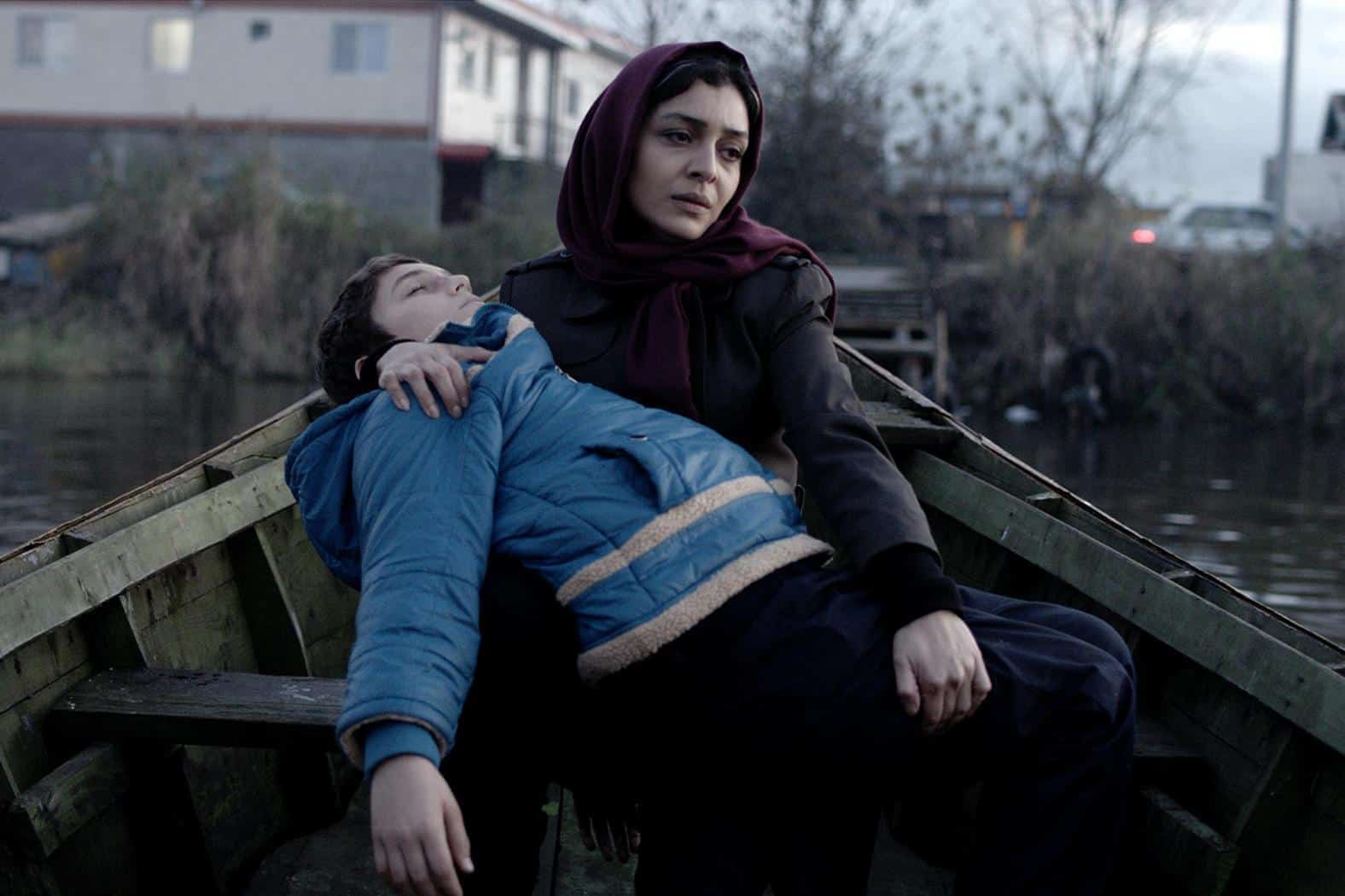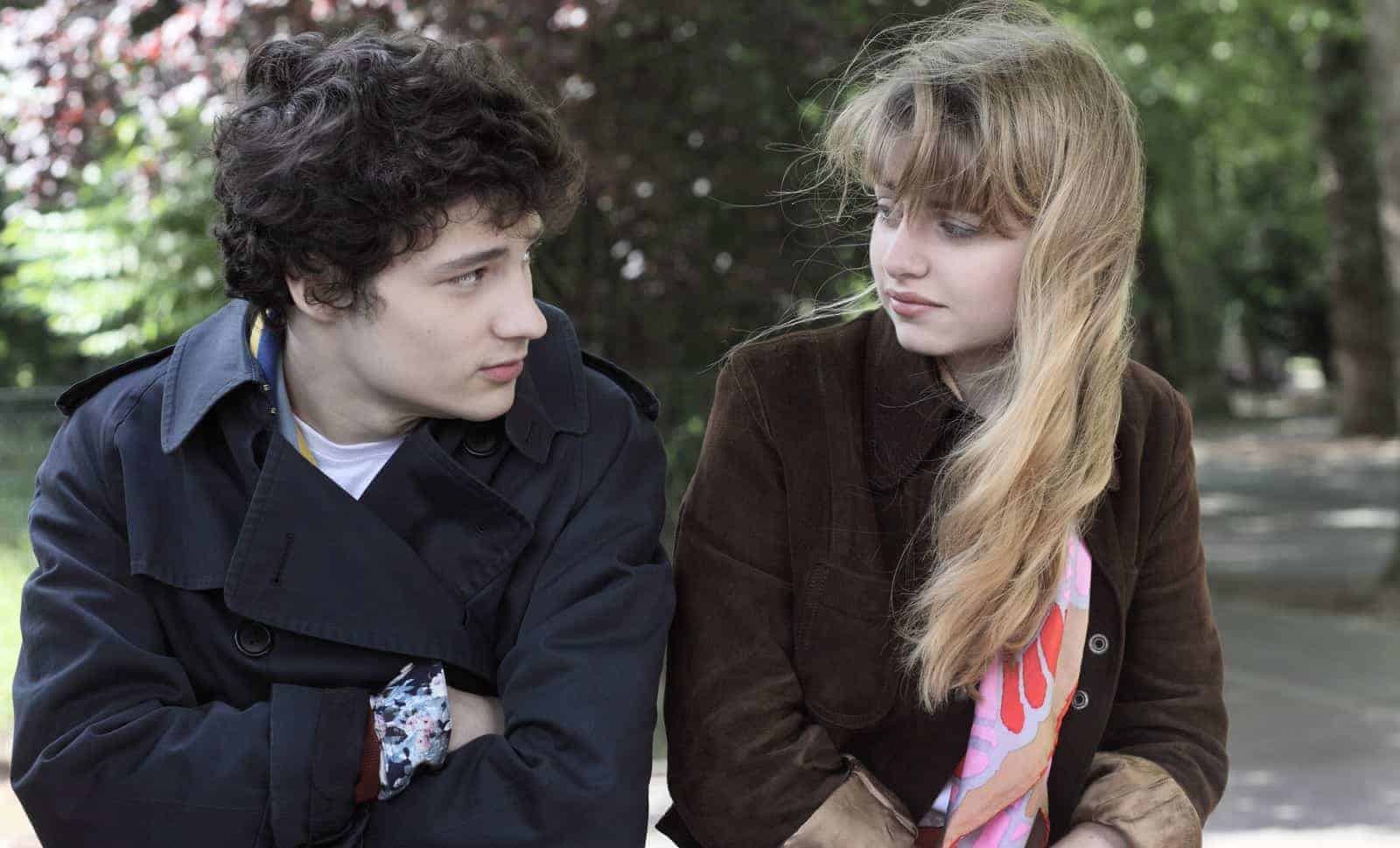
The title of Maïwenn’s Polisse follow-up, the messy but compelling Mon Roi, is indicative of the film’s primary problem. When divorcee and criminal lawyer Tony (Emmanuel Bercot) asks her new beau, Georgio (Vincent Cassell), if he’s a jerk, he flirtatiously replies that he’s “The King of Jerks,” and as the film’s title indicates with affection, he becomes her king (of jerks). He speaks the truth. But it’s a truth that Tony is utterly blind to despite all evidence. The film becomes increasingly frustrating since over the course of a decade, Tony continues to make the same mistakes repeatedly, never learning the obvious lesson. Worse, the film offers no explanation for why she started making these bad decisions in the first place.
The film begins when Tony gets into a serious skiing accident, which leaves her so debilitated that she must spend months in rehab in order to regain her ability to walk. It’s suggested that the accident was a long time coming — an outlet for dealing with emotional pain. As Tony does her exercises and therapy, she reflects on her time with Georgio, a man that seemed charming, witty, and adventurous at first blush, but who proves to be an erratic, self-centered asshole once you get to know him. In other words, he’s a narcissist, irresistible and terrible for you.
The early stages of their relationship are exciting and fun, and she remembers them fondly, as if the beginning of a great love story. She audaciously approaches him in a club, and intrigued him enough to get him to take her home. They share a lot of laughter and carefree days: Maïwenn draws us into Georgio’s seductive world. But it’s also always The Georgio Show, as he makes jokes and entertains Tony for attention without taking much interest in her. He’s so charming she doesn’t notice, and neither do we, as Maïwenn fixates on closeups of his face, pouting and goofing and begging us to like him.
That’s the honeymoon phase, but he can’t keep up that façade for long. When they decide to have a baby together, it’s only a matter of time before he becomes unfaithful, reckless with money, and even decides to move out because he claims Tony is too much drama. The reality, of course, is that their problems are hardly her fault. Life with Georgio is a roller-coaster, especially if you dare, as Tony does once she feels confident in his love, to think they’re in a partnership where her feelings and desires should matter.
Although Cassel has never failed to make my skin crawl — I can’t say I find him particularly attractive — that creeping charisma is an asset in this role, as his fast-talking is a weak mask for what lies beneath. He’s terrific as a man so convinced he’s always got the moral high ground, even as he behaves abominably, charming Tony even once he should no longer be able to, given all that’s past. It’s such a precise and realistic portrait of a certain kind of hopelessly selfish, attention-seeking man. Bercot, who shared the prize for Best Actress at the Festival for this role, is equally excellent. She shows us Tony’s deep-seated insecurities and nervousness, which make her so susceptible to Georgio’s charms, unable to see how much he’s going to hurt her even after she has history to draw from, which should be enough of a warning.
Unfortunately, Maïwenn is so intent on idolizing Georgio, just as Tony misguidedly does, that she never delves into what’s driving Tony. Most perplexing is that she has a highly supportive, wisecracking brother (Louis Garrel, who has never been more charming and likeable) who seems perfectly well-adjusted. He even suspects Georgio is bad news from the start, and he works hard to try to get his sister to listen to his gentle protestations and wise up.
How did Tony end up so broken if her brother turned out so put together? Why does she have such low self-esteem, and why is she completely incapable of taking her life into her own hands? Even once she starts to realize Georgio makes her miserable, she doesn’t seem to have developed coping mechanisms for handling him at his most demanding and dangerous. Instead, we watch them split up and get back together on endless repeat, trying our patience with what started as good material. At some point, you have to ask why she isn’t in therapy and growing, considering how damaging she finds her relationship with Georgio.
Bercot’s performance proves more layered than the script allows for. Most frustrating of all is that even after Georgio seems to have burned all bridges, when it seems like Tony has finally happily excised him from her life, we’re left with a lingering close-up of his jaw, his cheek, and his face, as Tony silently admires him during a parent-teacher interview. It may be realistic that Tony simply can’t get over him, but why doesn’t the film know better? After intricately and carefully taking Georgio down and apart, Maïwenn ultimately decides she, like Tony, would prefer to romanticize him. Unfortunately, few viewers will have amnesia as bad as the film requires to be willing to swallow that particular pill.

